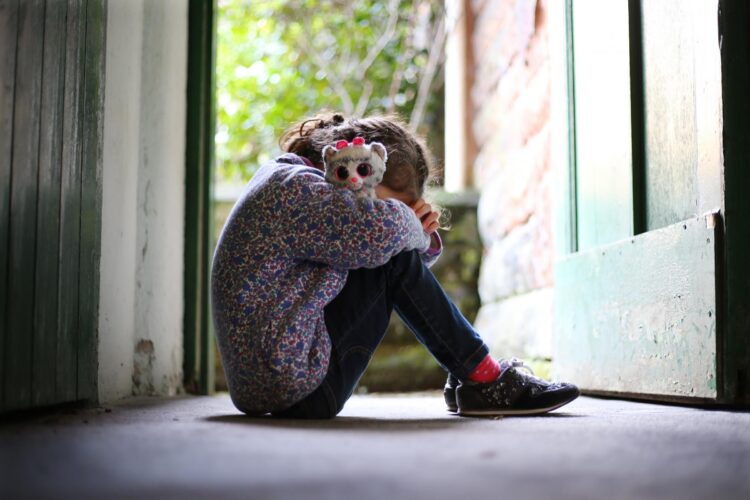By Charlotte Webster-
Supervision of social workers involved with a family where child sexual abuse was suspected provided a mostly ineffective Child Protective Plan, offered little additional safety to Freddie- the victim of the child abuse- and siblings during two years of inadequate child protection planning, a serious case review has found.
There was considerable drift, a lack of pace and purpose and ineffective multi-agency working. The report confirms inadequate management oversight from Children’s Services.- Challenge and escalation by professionals across the partnership was limited.
The investigation conducted by Southampton Safeguarding Children Partnership said the city’s children’s services failed to fulfil their responsibilities to a young boy, ‘Freddie’, after he reported sexually inappropriate behaviour towards him from his parents and exhibited sexualised behaviour himself.
It found children’s social care practice appeared to focus on his mother’s needs, rather than the risk of sexual harm to Freddie. The implication was the lack of any effective response, despite a longstanding history of alleged abuse within the family.
Damaging case drift was fuelled by staff changes and absences and social workers regularly missed core group meetings – poor management oversight, delays in assessments and uncertainty around how to deal with the situation in Freddie’s home, the review found.
It added that there was “strong evidence of the multi-agency machinery around formal child protection processes being ineffective”, with other organisations failing to call out perceived shortcomings of social workers.
While the review period concluded in 2016, the report warned that a number of areas of poor practice – including around other cases involving intra-familial sexual abuse, ineffectual core groups, and the standard of management. had continued to be problematic.
Freddie’s family had been known to children’s services since 1999, 15 years before the start of the period covered by the serious case review, due to concerns around abuse of his elder half-sister and half-brother.
In 2011 there were 17 contacts to Children’s Services reporting the Mother as struggling to manage Siblings 1 and 2 and Freddie. In 2012 there were a further seven contacts, including directly from the Mother who was struggling to manage the children. A CAF7 was completed identifying the need for support for the family; but with no
role for Southampton Children’s Services.
Sexual Abuse Of Siblings
Reports in 2004 by the mother of sexual abuse of the siblings at the hands of their father in addition to allegations in 2007 of indecent assault on Freddie’s half-brother by his father were extremely alarming. Making things worse was the fact their mother’s relationship with a Schedule One offender convicted of a specified offence against children . A child protection plan was eventually put in place.
The offender was found to have sexually abused Freddie’s half-sister, though the plan was removed in 2009 after the mother ended the relationship.
During 2011 there were also 17 contacts with children’s services relating to the mother struggling with the two elder children and Freddie, then a toddler, with seven the following year. At the end of 2013, Freddie’s pre-school contacted children’s services with concerns about his sexualised behaviour and his father’s inappropriate behaviour towards him. In April 2014, his half-brother was convicted of rape, later reduced to a lesser offence.
In June of that year, Freddie and his siblings were placed on child protection plans under the category of sexual abuse, with Freddie having frequently acted in a sexually inappropriate way at school, and made statements about his mother and father behaving similarly towards him.
Researchers said the process has been able to capture and identify opportunities for professionals and organisations to learn and improve safeguarding practices from a whole system perspective.




